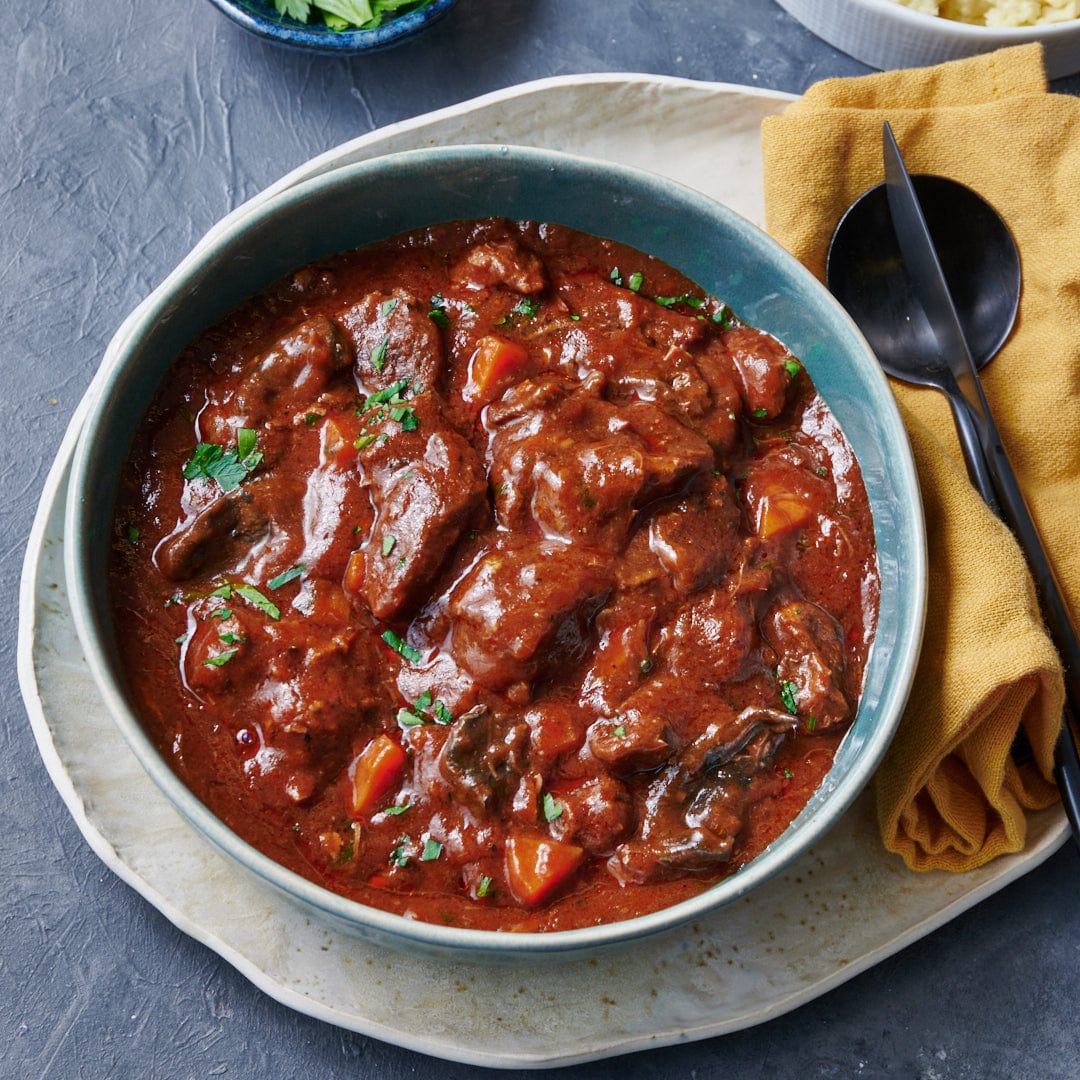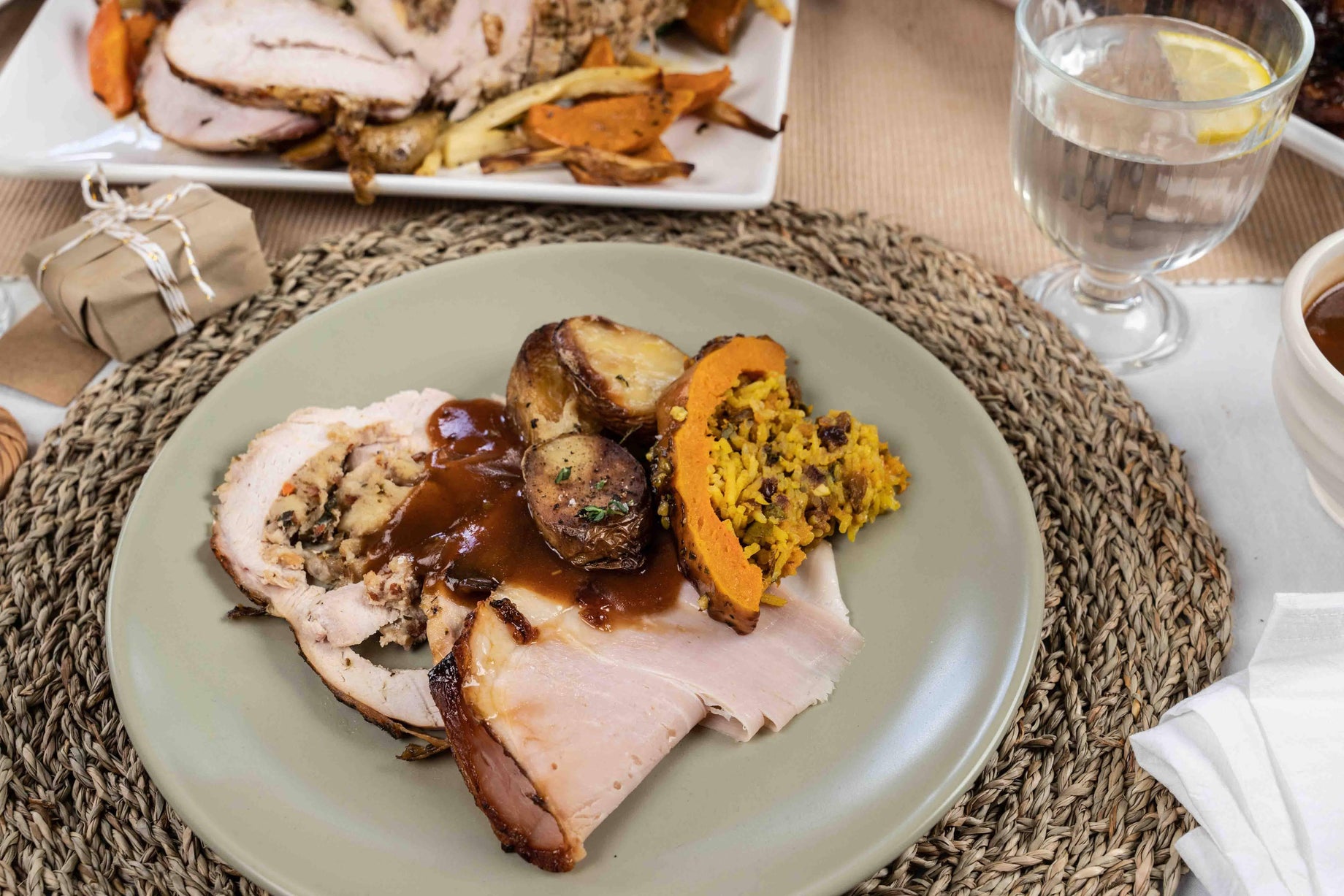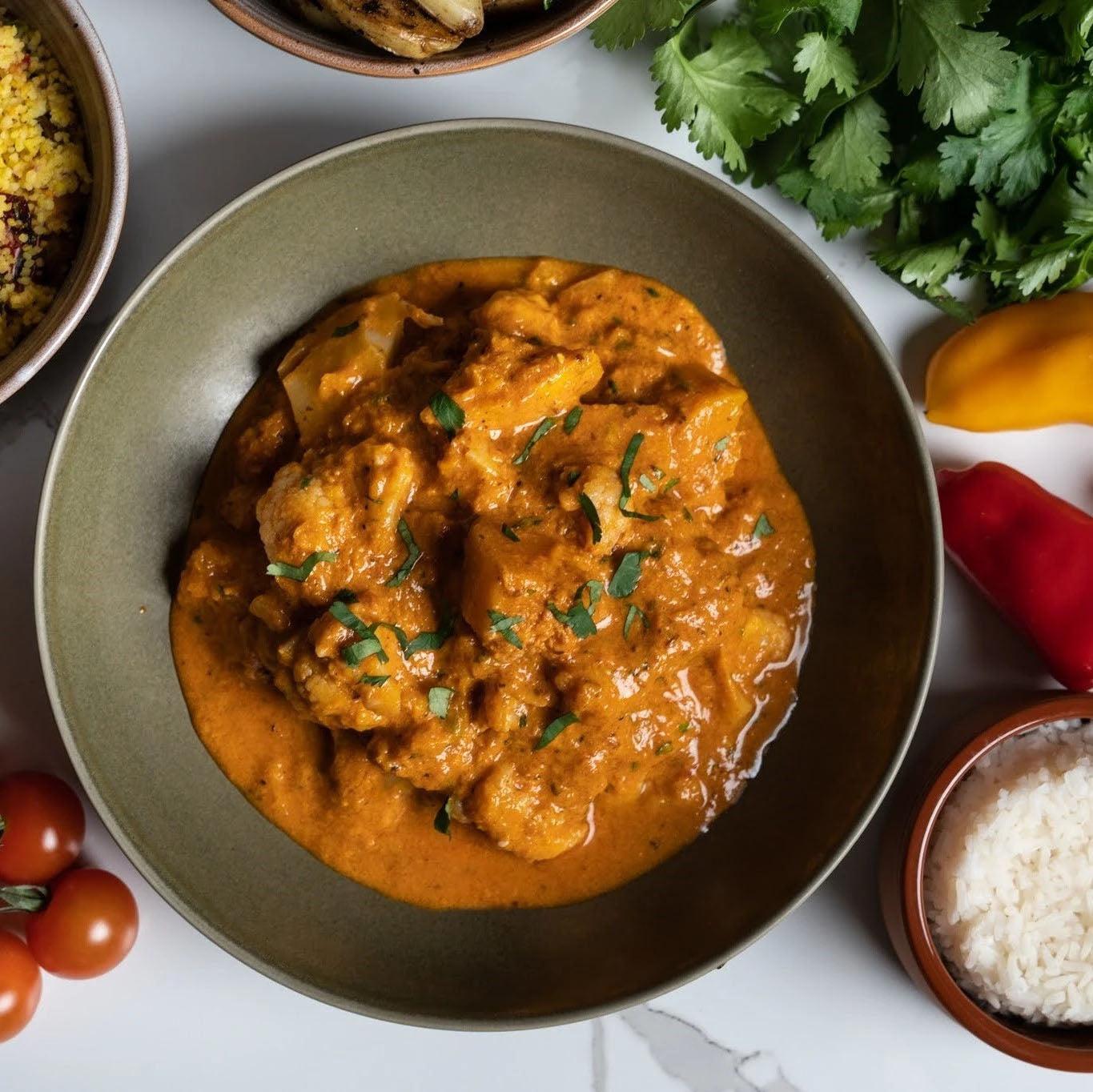Safety First - Best Practices in the Kitchen
If the last year has done anything for all of us, it has placed hygiene and safety at the forefront of our minds. What's the best hand sanitizer? Who isn't sold out of Lysol wipes? How many times am I supposed to sing "Happy Birthday" while washing my hands again? And if you're an avid cook or simply someone who enjoys dining out, hygiene and safety before cooking are of particular concern. The preparation is equally as important as the cooking itself.
Prior to cooking, one should always begin with clean countertops, clean utensils and, of course, clean hands. For the record, singing "Happy Birthday" twice while washing hands with hot water and soap is adequate. Be sure to scrub the backs of your hands, as well as in between the fingers and under the nails. It goes without saying, but washing your hands, often, especially while preparing foods, while cleaning, and while cooking, is a safe habit to adopt.
Fruits and vegetables should be thoroughly rinsed in cold, potable water using your fingers to gently rub the outer layer. For thicker skinned produce, a vegetable brush can be used to scrape away harder to rinse microbes, while produce with areas that are harder to reach, like broccoli and cauliflower, should be soaked for a couple of minutes in cold, safe to drink water. If the produce is labeled "pre-washed," it does not have to be washed again. Drying items after rinsing with a clean cloth or paper towel will further reduce the risk of bacteria, but it's important that dishcloths and towels be washed regularly as bacteria can also form on these materials.
Once it's time to begin prepping items for cooking, one should always use separate knives for cutting different items or simply wash the utensils in between uses. For example, if you need half an onion to sauté while prepping raw meat into slices, be sure to use a different knife altogether or thoroughly wash the one you used for the onion before using it on the meat. This same safety measure applies to the cutting board. Cross contamination of raw meat and other foods can lead to all sorts of unwanted bacteria, including salmonella or e. coli poisoning.
The most surefire way of avoiding cross contamination is having separate surfaces for produce, meat, seafood, poultry, and eggs. If you're limited in space, wash the surfaces and utensils with hot water and soap before reusing. The FDA even recommends dousing the washed surface in a mild chlorine bleach to remove any lingering bacteria.
Speaking of raw meat, contrary to popular belief, the best method of thawing is not the countertop. The best place to thaw any food is the refrigerator, the microwave, or submerging it in cold water. Allowing food to thaw on a countertop will bring the temperature of the item to a dangerous zone, between 40 and 135 degrees fahrenheit, ideal for the formation of bacteria. A pound of meat can be thawed in one hour in cold water, but it must be cooked immediately after thawing. Although it is more time-consuming, placing the item on the bottom shelf of a refrigerator is the safest method. Most meats and seafood will be safe in the refrigerator for a couple of days, as well, in case your meal plans change.
The food safety and hygiene practices at Delidoor mimic all of the above ideals when preparing quality, healthy meals for an expanding clientele. With a continually growing population in Sydney, Australia, and thus working professionals, the demand for readily available meals is growing, too. No one wants to sacrifice quality for convenience, though. The food safety and hygiene practices at Delidoor sacrifice neither while abiding by their three main principles: control, tradition, and staff empowerment. In a nutshell, Delidoor is only sourcing the best produce while foregoing highly processed ingredients and developing everything in house by a team of four cooks working alongside the head chef. There are zero shortcuts taken while including the entire staff and the cultural heritages of their staff in the creation of recipes, which ultimately result in delicious combinations like Delidoor's green curry.
Food safety and hygiene practices at Delidoor make the meal delivery decision less complicated and more transparent. The public can be assured that they're receiving meals prepared and cooked with best practices in mind, the same practices one would adhere to in his/her own kitchen.






